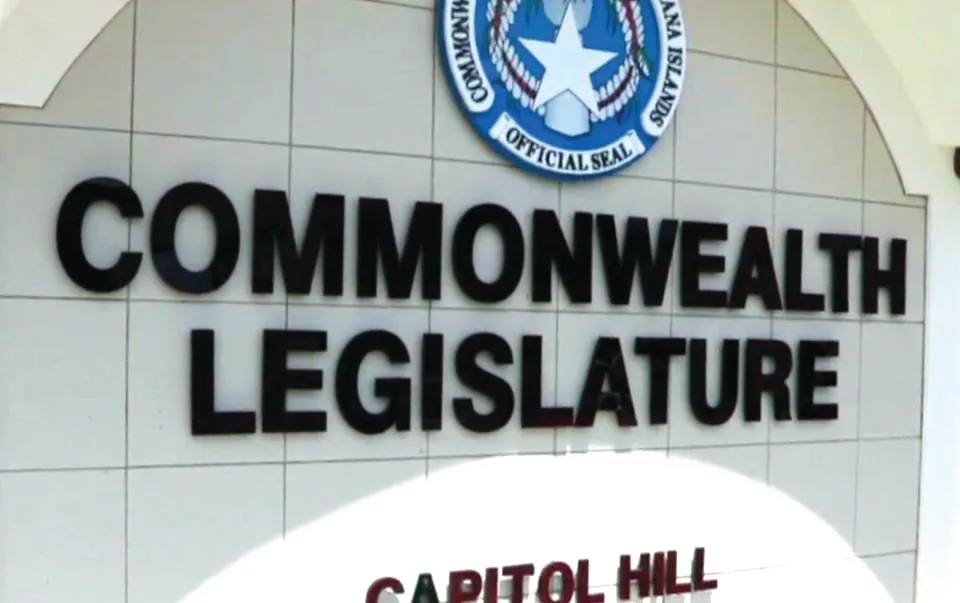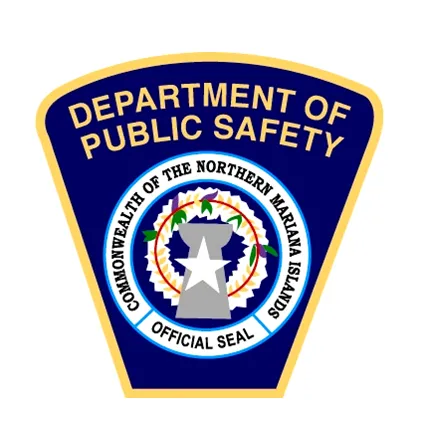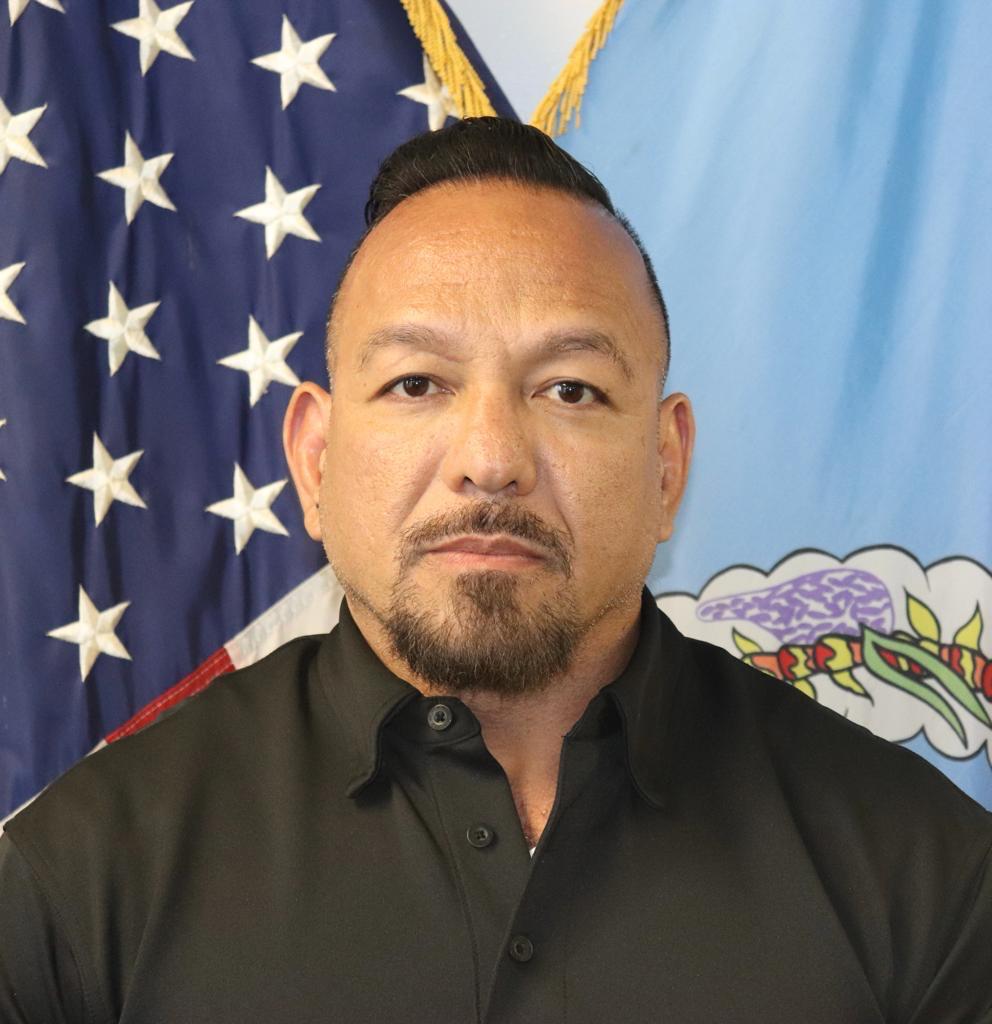
TROUBLED by the relentless degradation and public denouncement of the CNMI Cannabis Commission, and boastful claims of being the alpha-intellectual business master of cannabis and economics, I step forward to clear the misconception and address the insinuations from my perspective. It is time to confront Mr. Ambrose Bennett’s manipulative opinion pieces and draw a line on the sand, challenging his claims and vision of how the industry should be administered. Speaking solely for myself without the Commission’s endorsement to unveil these truths, I will say as much as possible here to avoid writing continuing sagas.
Regarding cannabis tourism, the claim that the Commission failed to advance the CNMI cannabis “tourism” industry is unfounded. The Taulamwarr Sensible CNMI Cannabis Act of 2018 (Public Law 20-66), enacted on September 21, 2018, did not establish a cannabis “tourism” industry. This Act was intended to authorize the regulation and control of marijuana for responsible adults aged twenty-one and older, to improve public safety and the quality of life — health, education, and welfare — for all CNMI residents, and to provide the people of the CNMI the opportunity to establish an industry. Nowhere in this Act was “cannabis tourism” mentioned, nor did any government official communicate with the Commission to promote tourism in its administration of the CNMI cannabis industry.
Furthermore, cannabis revenue generation was not the sole factor for marijuana legalization. The idea that the cannabis industry is supposed to yield an expected monetary return to help address the government’s cash-strapped state of affairs, including the people’s needs, is contrary to the real intended purposes expressed in the Cannabis Act. The industry here can only go so far with a small cannabis-consuming population. Naturally, increased tourism activity would increase cannabis revenues, but the Commission is not mandated to administer tourism; it is mandated to regulate cannabis in line with federal guidelines, as intended by the U.S. Department of Justice, for states or territories that opted to legalize cannabis.
The Commission or legislation is not required for anyone to engage in cannabis-related tourism business endeavors, provided, of course, that they are in compliance with cannabis statutes and regulations and other business regulating authorities. Additionally, the Commission will not jeopardize any of its cannabis licensee’s freedom to choose, nor should any other business, whether to participate in Mr. Bennett’s call for a mandatory meeting, to buy into his cannabis tourism concept or form an association like HANMI. And for him to suggest shutting down the cannabis industry if his ideological views are not followed is irresponsible.
If it’s any consolation on the issue of cannabis tourism, the initial Commission members were invited to attend a video forum on the topic sometime in 2020. This forum was hosted by members of the Guam judiciary, with members of the Guam Visitors Authority and Cannabis Control Board present, along with several members of Guam’s general public. During the forum, there was an implied suggestion or recommendation against promoting cannabis tourism because cannabis was prohibited in neighboring Asian countries. No other CNMI government or tourism official attended this forum, and the Marianas Visitors Authority at the time chose not to collaborate with the Commission on cannabis tourism because cannabis remained a federally illegal Schedule I drug. Consequently, the Commission left it at that.
Regarding the allegation that revenues are spent more than generated, the Commission’s recent and first-ever legislative budget appropriation on May 20, 2024, consisted entirely of cannabis-generated revenues. Additional cannabis-generated revenues remain in another account that has yet to be legislatively appropriated. Prior to this 2024 appropriation, the initial Commission members operated on a shoestring budget, relying on support from the Office of the Governor and ARPA funding. Commission members then even made out-of-pocket contributions for the repair of the Commission’s office building leaky roof, establishing the Commission’s website, hosting Zoom video conferencing, office supplies, lawn maintenance, among others.
Despite these challenges, the Commission is now a self-sufficient, revenue-generating entity that does not rely on appropriations from the government’s general fund, nor does it contribute to its depletion. Commission members and I personally thank and appreciate our cannabis business stakeholders and responsible adult cannabis patrons for generating revenue during this time of economic hardship.
Regarding the alleged 6 years of administration, the CNMI’s cannabis industry is still in its infancy, having only being administered for 4 years since August 4, 2020, when the Commission first began accepting applications for licensing. The Cannabis Act became law on September 21, 2018. A subsequent amendment was made to the Cannabis Act on August 21, 2019, with the passage of P.L. 21-5, which addressed the former governor’s vetoed parts and recommendations. The initial Commission members were then sworn in on September 12, 2019, and had 180 days to formulate regulations, leading to the publication of emergency regulations on March 28, 2020, and the Commission’s application day on August 4, 2020.
Another amendment, the CNMI Hemp Farming Industry Act of 2019 (P.L. 21-25), was enacted on May 18, 2020, repealing hemp from the Cannabis Act and designating the Department of Lands and Natural Resources’ Division of Agriculture as the regulatory authority over hemp, following the U.S. Congress’ passage of the 2018 Farm Bill. The Commission’s formal cannabis regulations were published soon after.
Perhaps people may have forgotten about the subsequent Covid-19 pandemic and resulting lockdowns, shutdowns, and vaccinations, which significantly slowed Commission operations, cannabis business activity, and devastated the CNMI’s economy.
Regarding the elimination of a full-time salaried Commission, including the suggestion of its Managing Director, based on Mr. Bennett’s subjective impotent grading of the Commission and personal visions of how the cannabis industry should run, there are pros and cons to having a full-time working Commission versus a part-time cannabis board. I’ll outline these points for everyone to have a better understanding.
A full-time salaried Commission provides dedicated focus and continuous oversight, which is essential in the fast-changing cannabis industry. Full-time members also gain in-depth knowledge of cannabis regulations and industry trends, enabling them to quickly address emerging issues, adapt regulations, tackle challenges, and ensure consistent decision-making and policy implementation.
Unlike stateside economies with adequate funding support for their cannabis regulatory authorities, the CNMI’s Commission and industry are in their infancy and underfunded. The Commission requires continual regulatory amendments or additions to meet the needs of the CNMI, including addressing the lack of adequate personnel. With the upcoming proposed rescheduling of cannabis from a Schedule I to a Schedule III drug, and the ongoing 2024 Farm Bill debate on redefining delta-8 THC and intoxicating hemp-derived cannabinoid products, further amendments may be required to the CNMI’s Cannabis and Hemp Acts to align with federal guidelines. These changes would necessitate subsequent amendments to Commission regulations to conform with federal guidelines, requiring continued Commission oversight. Therefore, a full-time working Commission is necessary at this juncture, as originally intended in P.L. 21-5, the amendment of P.L. 20-66.
In contrast, a part-time commission board can encounter several challenges, which would include members’ limited availability to fully engage with the complexities of the cannabis industry, resulting in slower decision-making and potential delays in regulatory processes. There may be inconsistencies in oversight and enforcement of regulations, which could impact the industry’s stability and compliance. Part-time members might lack the same level of expertise or up-to-date knowledge as full-time members, potentially affecting the quality of governance and strategic planning. Additionally, their other professional commitments could lead to conflicts of interest, compromising their impartiality and decision-making. Coordination among part-time members can also be more difficult, leading to inefficiencies and communication gaps.
While it is reasonable to suggest that eliminating the expense of a full-time salaried Commission could enable the hiring of additional personnel, including an independent attorney, I recommend against this approach for now. Instead, a full-fledged team of personnel should first be established to cover all aspects of the industry. Only then should the Commission consider transitioning to part-time roles.
Regarding the Commission’s licensed cannabis producer and retailer, Saipan Select, I have not observed any preferential treatment. All applicants for licenses are treated with the same level of fairness and scrutiny. Saipan Select simply happened to be the first in line, adhering to the established procedures and regulations, and the first to be issued a producer, retailer, and then (solventless) processor licenses.
I will stop here and refrain from delving into more subjective opinions. Commission members and I are fully engaged in Commission work whether it be day or night, including weekends or holidays, without the constraints of a time card or time sheet.
The Commission appreciates the support given by the Legislature, Office of the Governor, cannabis businesses, and cannabis patrons. I hope the information shared here sheds some light on the darkness cast upon the CNMI Cannabis Commission.
By the way, I encourage responsible citizens to propose amendments to the Cannabis Act that would benefit the common good. However, I would add, please refrain from suggesting the decommissioning of the Commission, at least for now. Additionally, Commission regulations allow any interested person to file a petition with the Commission for the adoption, amendment, or repeal of any rule, pursuant to Commission regulation § 180-10.1-225 Petitions for Rulemaking. Take advantage of this opportunity to benefit the CNMI, cannabis businesses, or cannabis patrons. If anyone wants to talk cannabis with me, please feel free to email or message me at thomas.cnmicannabiscomm@gmail.com or (670) 287-4456.
And just to reintroduce Tinian Commissioner Journie Hofschneider to the general public, she was recruited in 2019 from the Liquor and Cannabis Regulation Branch in British Columbia, Canada, to assist with the development of the CNMI’s cannabis industry.
One thing is for sure: the Commission will avoid over-regulation and over-taxation as much as practicable, following the wise words of Commissioner JB Palacios.
May God bless the Mariana Islands!
Thomas Songsong is a U.S. Marine Corps veteran of the Cold War and 1991 Persian Gulf War and a patriot of the American Constitutional Republic, an agriculturist and experienced cannabis master in his own right, a 17-year self-retired former public lands investigator and enforcement/compliance officer of the CNMI Government, and current member of the CNMI Cannabis Commission representing the island of Rota.









